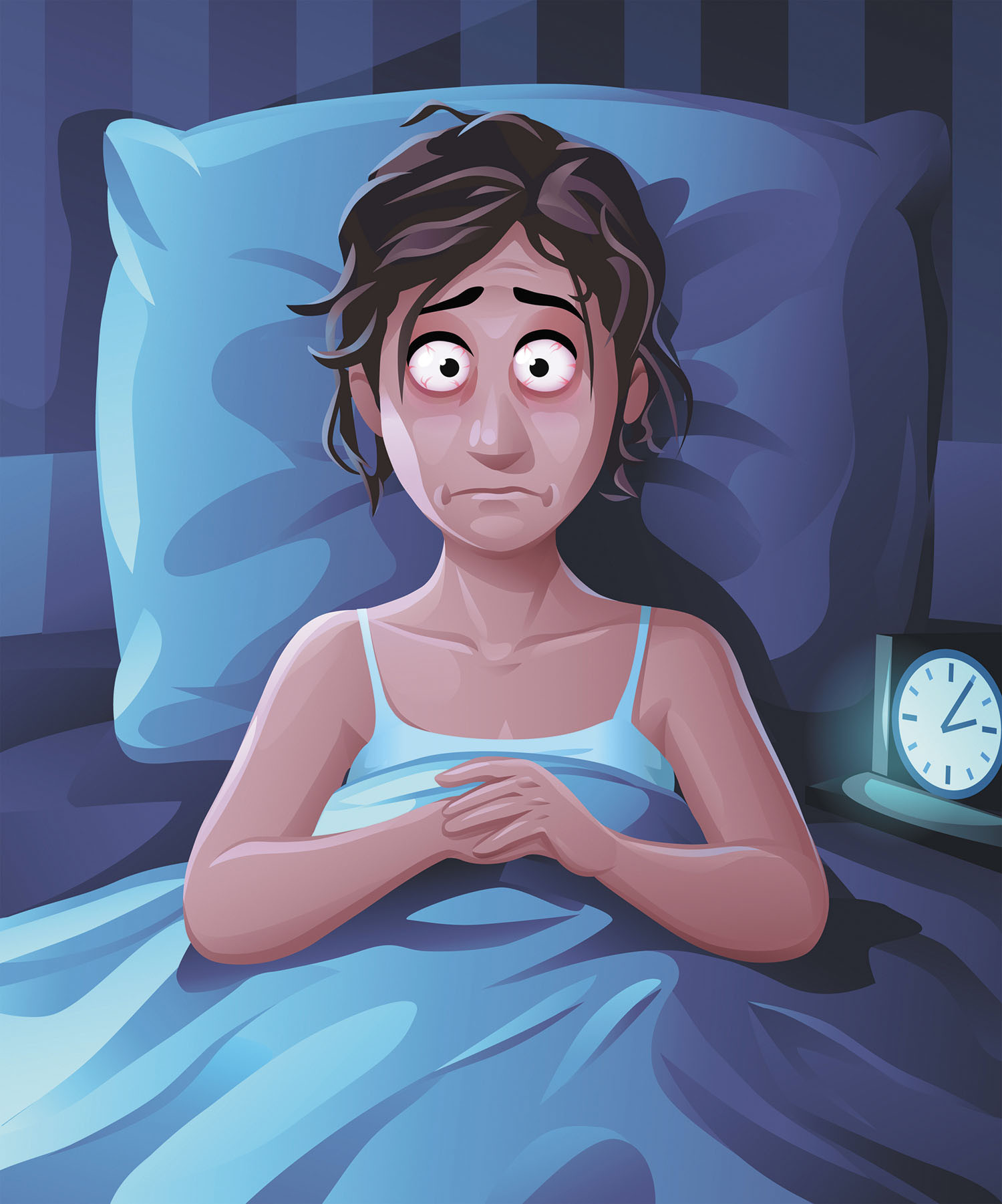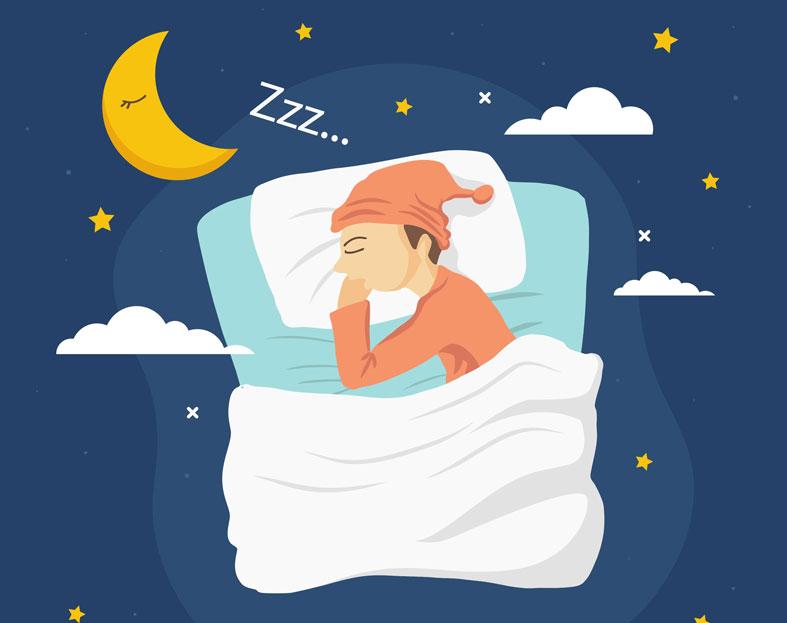Insomnia Treatment
Insomnia is a common disorder in which it is, difficulty in remaining asleep, waking up too early and not be able to get back to sleep, along with symptoms in the day such as feeling tired, irritable, headache and body aches, & poor concentration,
Insomnia can not only affect your energy and mood, but also, your health, work performance and quality of life.
It can increase risk for serious medical diseases.
Insomnia is a V common condition, 1/3rd of the population at some time or other has some issues with sleep but 10 % fulfill criteria for diagnosis of insomnia
Millions of people all over the world experience insomnia and awaken feeling unrefreshed. Sometimes the problem lasts for a night or two, but in other cases, it can last longer.
Causes of Insomnia
Stress:- about work, family, school, health, or wealth can keep your mind in stress and maybe overthinking, making it difficult for you to sleep. Even stressful events or trauma like the death or illness of a beloved, divorce, or Unemployment also may cause insomnia.
Travel or Work:- Your circadian rhythms act as an indoor clock, guiding such things as your sleep wake cycle, metabolism and blood heat. Disrupting your body’s circadian rhythms can cause insomnia. Causes include fatigue from traveling across multiple time zones, working a late or early shift, or frequently changing shifts.
Poor Sleep:- Includes an irregular bedtime schedule, naps, stimulating activities before bed, an uncomfortable sleep environment, and using your bed for work. Computers, TVs, video games, smartphones or other screens just before bed can interfere together with your sleep cycle.

Eating Habits:- Having a light weight snack before bedtime is OK, but eating in heavy amount of may cause you to feel physically uncomfortable while lying down. Many people also experience heart burn, a backflow of acid and food from the stomach into the food pipe after eating, which can keep you awake.
SELF HELP TECHNIQUES & BASIC PRINCIPLES OF SLEEP HYGIENE:
- Stick to a sleep schedule - FIXED TIME FOR BED AND WAKE UP
- SStay active, Exercise, Do Yoga etc.
- GET enough day light during the day
- Check your medications
- Avoid or limit naps
- Avoid or limit Caffeine, Alcohol and Nicotine
- Write your worries
- Avoid heavy meals and beverages before bed
- Don’t Hesitate to talk to a doctor if in pain
FULL DAY:-
- Make your bed and room comfortable for your sleep
- Try to relax
- If you not able to sleep then don’t try too hard to sleep
- Do some other activity get out of bed, if you’re not able to sleep.
BEFORE GOING TO THE BED:-
- If symptoms of insomnia last longer than 1-2 weeks, interfere with your day time activities and skill to function.
- If you get awake repeatedly during the night gasping for breath and are concerned about other medical problems which disrupts your sleep.
- If you have begun taking a medication/ alcohol for improving your sleep.
- If you notice an uncomfortable, painful, “crawling” sensation in your legs when trying to sleep
WHEN TO MEET THE DOCTOR.:-


 For More Info
For More Info